The Philippine government's dependence on United States' military aid is further straining Philippines' ties with China, keeping relations between the two Asian countries in crisis, a forum in Manila heard Friday.
In addition, expanded U.S. access to Philippine military bases has undermined the cause of peace in the South China Sea and continues to threaten Philippine sovereignty, observers said at a hybrid event organized by the Asian Century Philippines Strategic Studies Institute, or ACPh, a Manila-based think tank.
"It seems almost forgotten now that the Philippine Constitution mandates an independent foreign policy for the country. The Constitution states that foreign military bases, troops, or facilities shall not be allowed in the Philippines," Herman Tiu Laurel, ACPh's president said.
Laurel said that under the administration of Philippine President Ferdinand Marcos Jr, the U.S. military bases in the Philippines have even "installed banned intermediate missile launchers within the country, which has put the country in the crosshairs of America's enemies".
Laurel was alluding to the U.S.' deployment of the Mid-Range Capability missile system at Luzon. The northern Philippine island faces China's Taiwan region — a flashpoint of tense Sino-U.S. relations.
Sass Rogando Sasot, a political blogger and scholar of international relations, said the U.S. wants to ensure that Filipinos "will always see China as a threat" and to use the military bases in the Philippines "to prevent the unification of Taiwan with the Chinese mainland".
"The United States has to make sure that Philippine and China relations will remain in permanent crisis. It is never on the U.S. agenda for China and the Philippines to pursue a compromise solution," Sasot said.
Sasot said the Philippines needs to recalibrate its foreign policy to avoid being a battleground.
"Just ask yourselves, how many times has the United States initiated any diplomatic talks between the Philippines and China? None," Sasot said.
She said the U.S. will never go against Vietnam or Malaysia — both of which have competing claims over the strategic waterway — for the sake of the Philippines.
"The U.S. will keep on encouraging Filipinos to pursue absolutely unrealistic goals," Sasot said.
She said "the only realistic goal" for the Philippines is to pursue joint development with China over the South China Sea.
"This transforms the relationship of China and the Philippines from (a) relationship in perpetual crisis into a collaborative relationship," Sasot said.
Daniel Hugo Santos, ACPh's youth representative, said the South China Sea is "just one part of the relationship" between the Philippines and China, and called for more cultural and trade exchanges between China and members of the Association of Southeast Asian Nations.










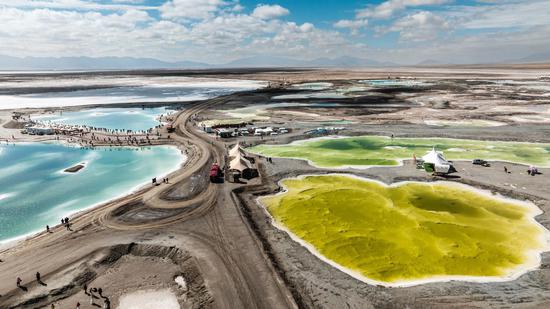
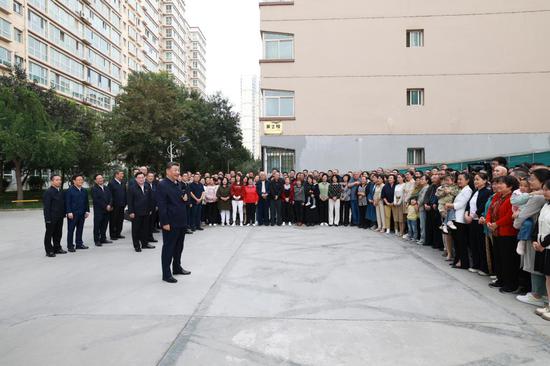













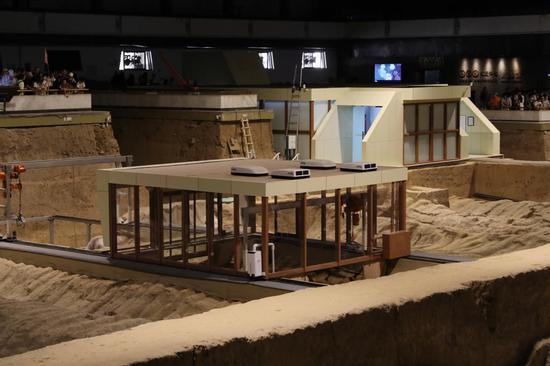


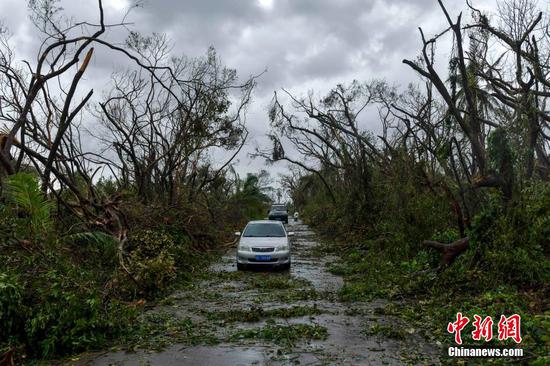


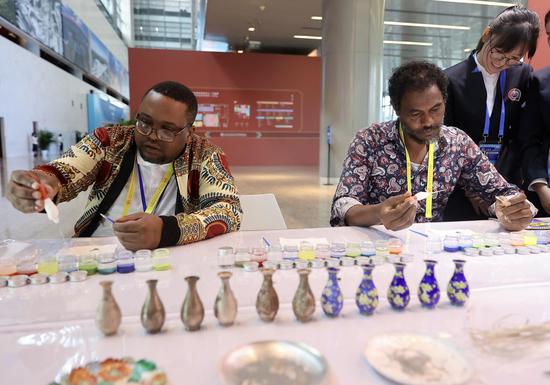

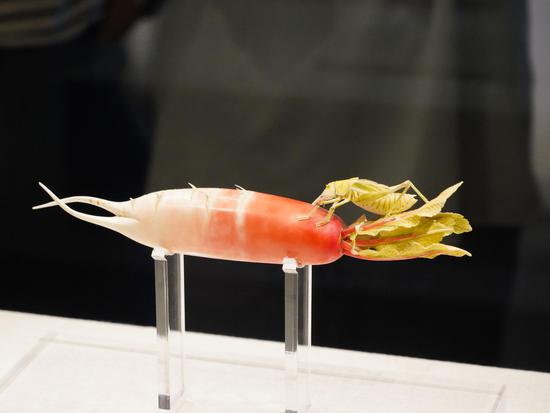
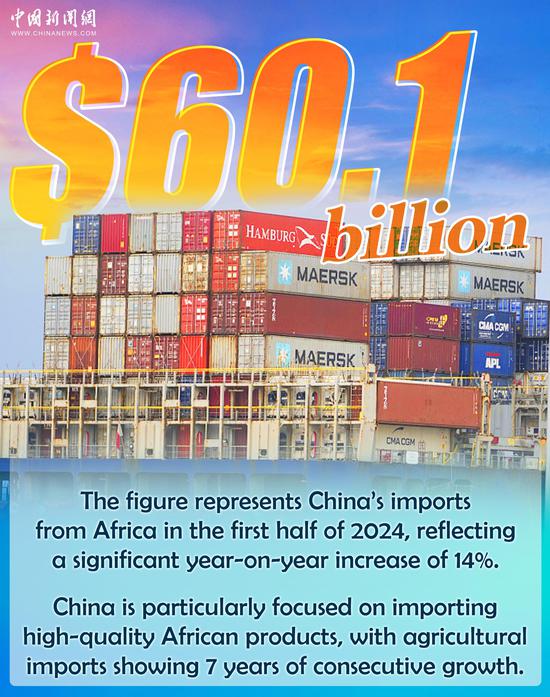
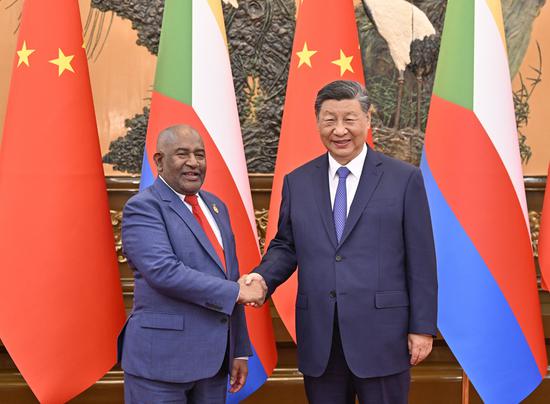
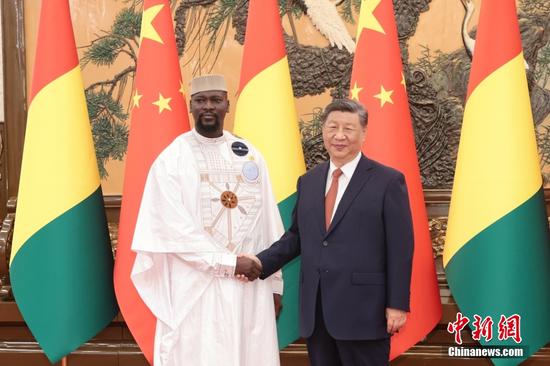
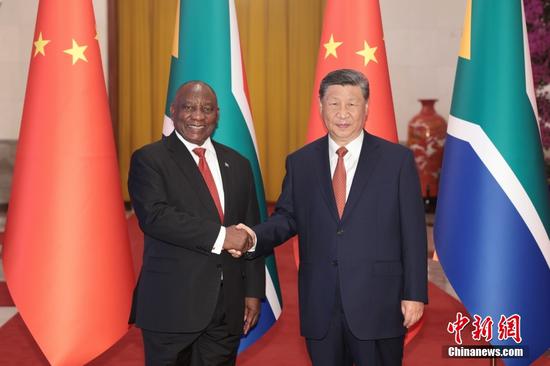
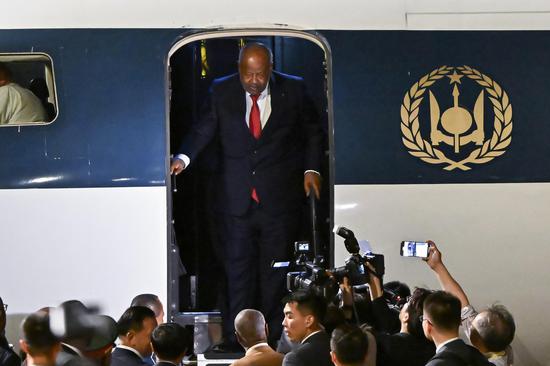
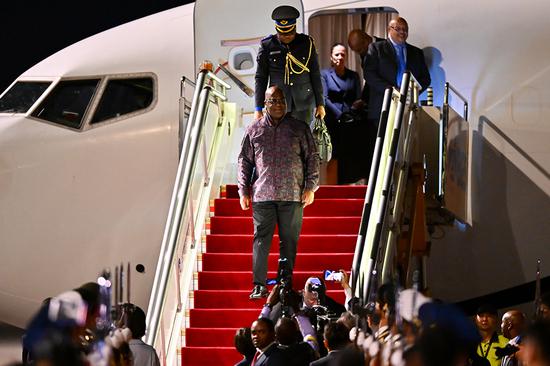
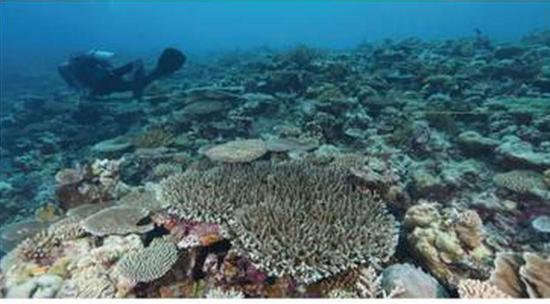
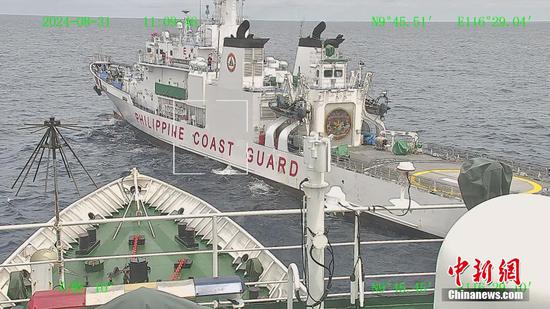

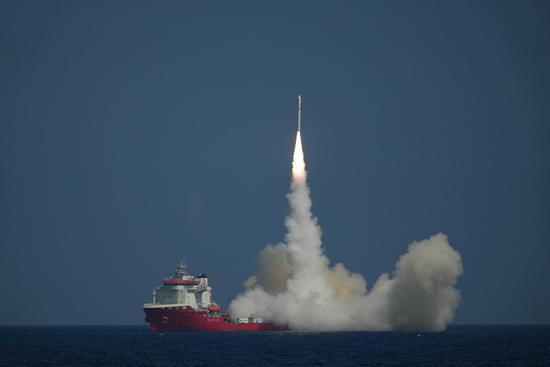
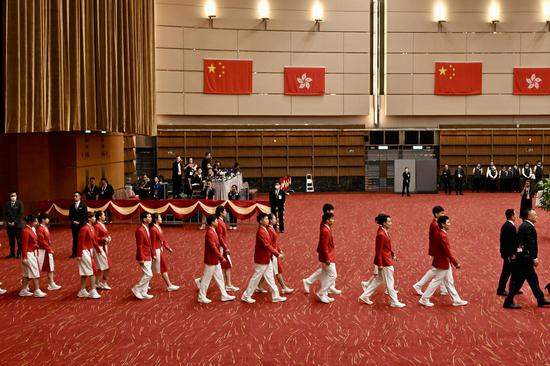





 京公网安备 11010202009201号
京公网安备 11010202009201号